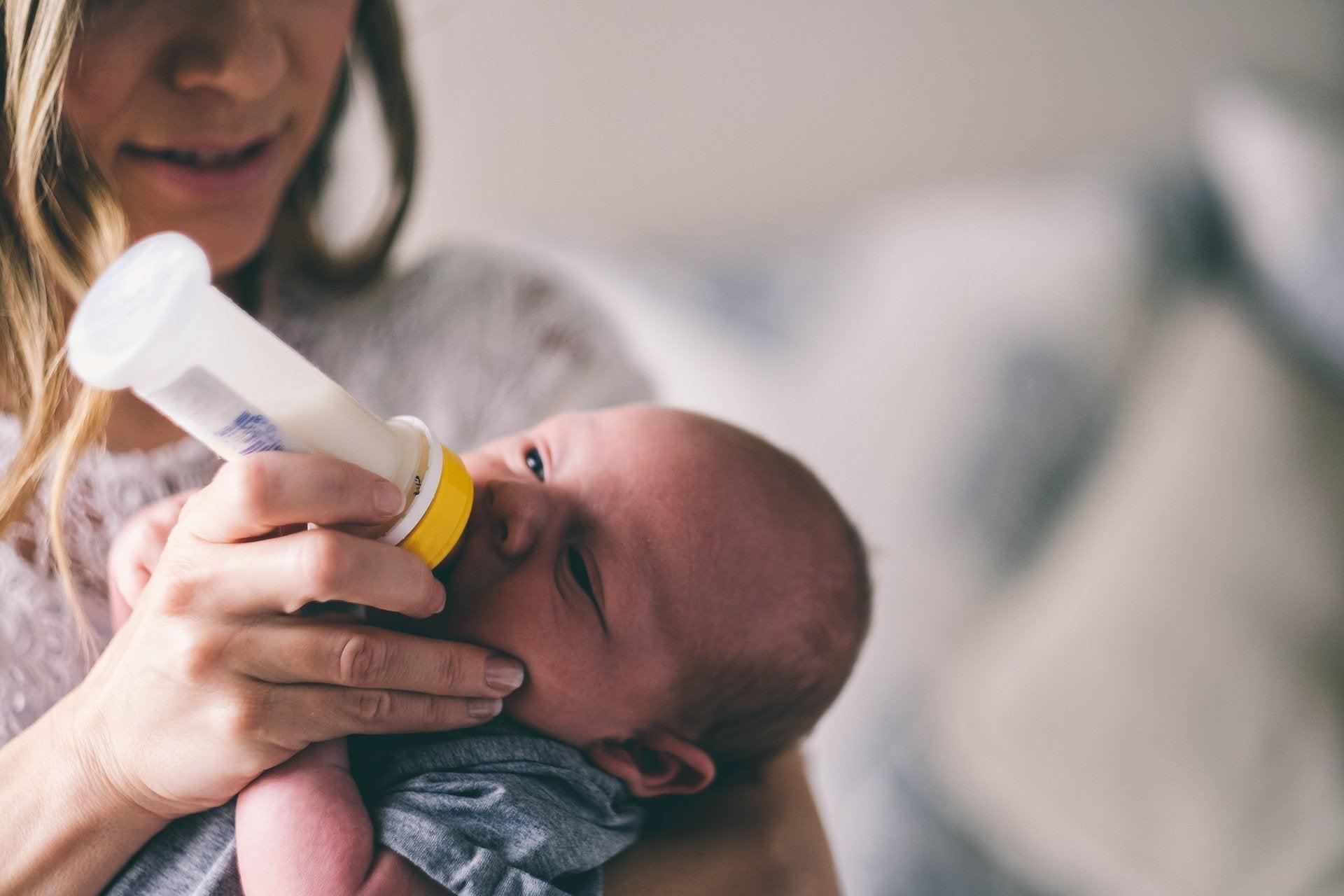When it comes to bringing your newborn baby home, the first few weeks will be about figuring everything out. Both you and your newborn will be in the introductory stage, where you are getting to know each other. For you, this might be a completely new experience. You will need some time to get familiar with your baby’s cues and learn what different sounds or cries mean. You will also have to adjust your personal habits and schedules. For your baby, everything is new also. Your baby will need to adjust to sounds, light, touch, and many other things. Your newborn is also still developing too. Things such as figuring out how to latch or feed will be new. Additionally, your newborn’s eyesight is also still developing, so they are slowly experiencing more of the world each day. So, where does sleep come into play?
Your baby may need to sleep 14 to 17 hours each day. All newborns are different, and sleep patterns are hard to predict. Because of the need to eat, your baby’s sleep patterns will be broken up into several shorter periods. While it is rare for newborns to sleep through the entire night, there are some things that you can do to ensure good sleep for your baby. Let’s take a look at some tips to help your baby sleep.
1. Ensure good air quality.

Babies are especially susceptible to indoor air quality because their systems haven’t been exposed to most conditions. Because their immune system is underdeveloped, they will be more impacted by allergens and other air contaminants. Since they aren’t used to excessive humidity or overly dry air, they might also have difficulty sleeping in these conditions. Healthy indoor air quality is important for everyone, but it is essential for your newborn. You might need to invest in a humidifier or air purifier to help your baby get a good night’s rest. You should also investigate the windows and the weather seal that keeps them air-tight. Depending on where you live, you can search for “All Weather Seal West, MI,” for example, to find solutions for window replacement or sealing in your nursery.
2. Prepare for nighttime feedings.

During the first two months, your newborn’s need to eat will outweigh their need to sleep. Your baby might need to eat as much as every two hours if you’re breastfeeding. If they are bottle-fed, they might eat a little less often. As a result, it is unlikely that your newborn will sleep through the night for the first few months. Understanding this, however, will help you ensure better rest when they aren’t eating. You can prepare for nighttime feedings with devices like pump bras that can help you store up breast milk. If you have bottles ready to go, your newborn can eat right when needed and then go back to sleep quickly.
3. Differentiate between night and day.

Newborns don’t know the difference between night and day as they don’t have refined internal clocks yet. This is one of the reasons for weird sleep patterns. To help adjust their internal clocks to the rhythms of the day, you can help them begin to distinguish between night and day. During the day, you can keep light and noise levels as normal as possible. Even when sleeping, you can play background music or keep the TV on. However, during the night, try to soften the environment by turning down the noise and lights. You should also try and make the room where they are sleeping at night as dark as possible. Over time, your baby will adjust sleep patterns to night and day.
Sleep is important for your baby as they are growing, developing, and adjusting to their environment. From preparing for nighttime feedings to ensuring better indoor air quality, there are a few things you can do to promote healthy sleep for your newborn.
Leave a Reply